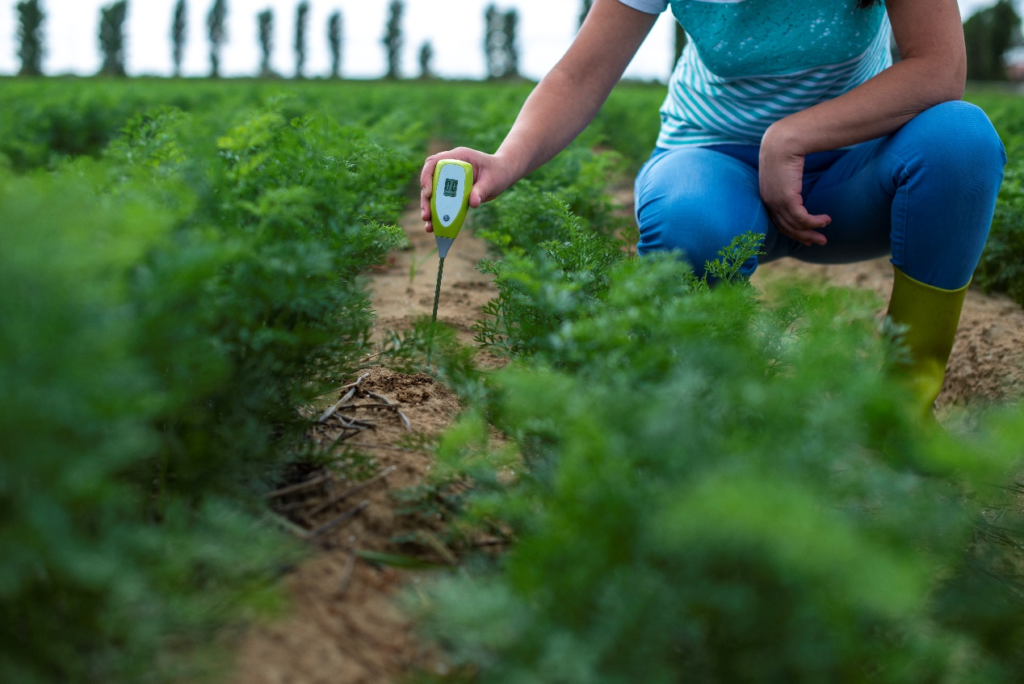Precision agriculture utilizes technology, data analytics, and sensors to optimize agricultural practices with precision and efficiency. Startups are implementing precision agriculture techniques such as satellite imaging, drones, soil sensors, and AI algorithms to monitor crops, optimize irrigation, and enhance farming practices.
Here's an analysis of the industry-specific trends, market forecasts, consumer behavior, and competitive landscapes related to Precision Agriculture that can help s...
To read the content, please register or login





